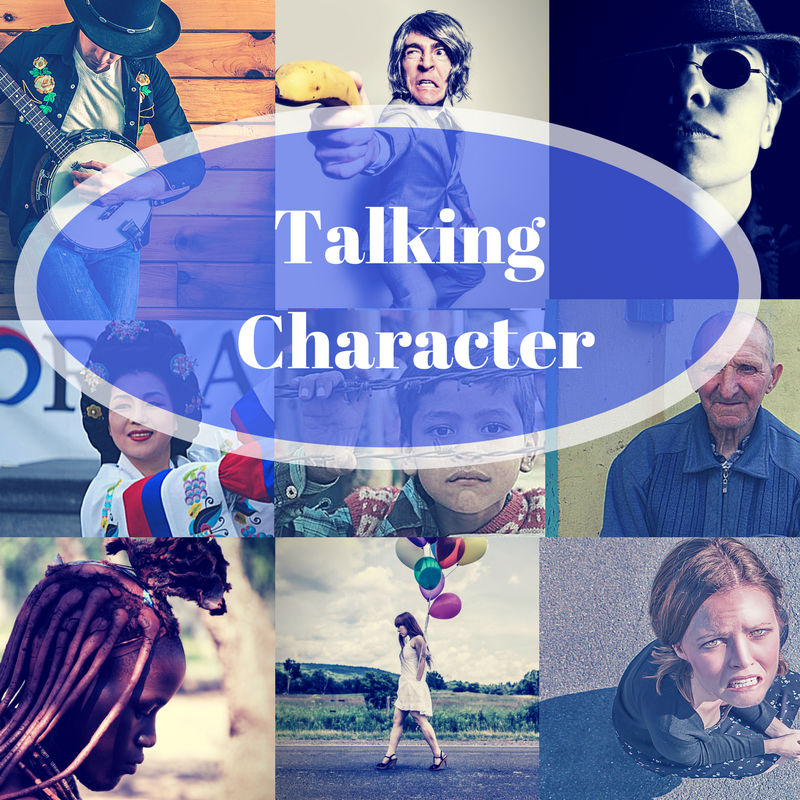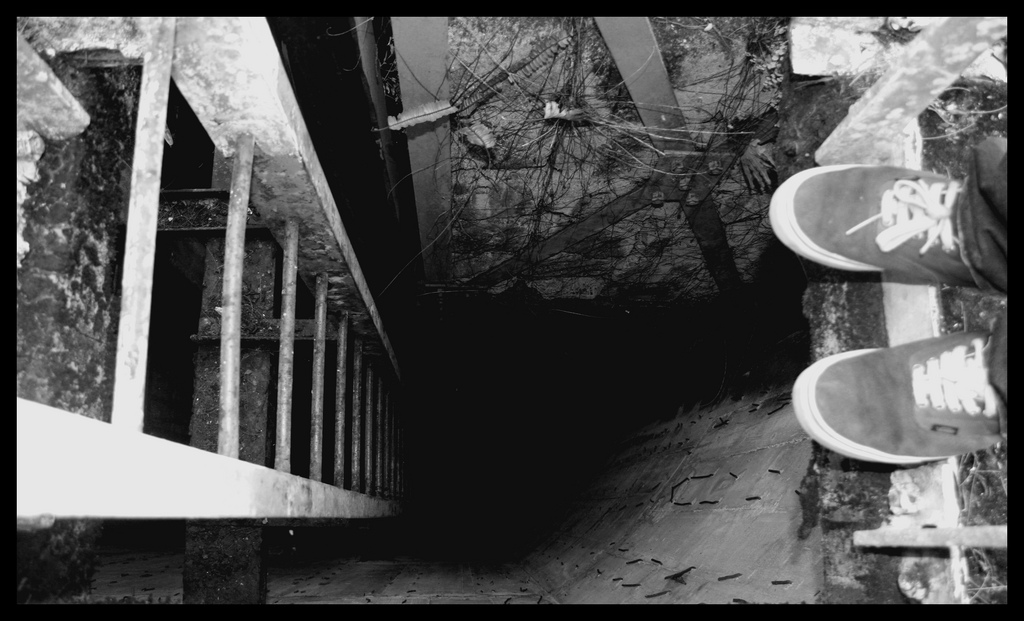Plot and character. Two halves of any great story. Both are critical, whether you are telling a character-driven literary story or a plot-driven spy thriller.
Disagree? Consider this quote:
Plot and character are integral to one another. Remove either one from the equation (or even just try to approach them as if they were independent of one another), and you risk creating a story that may have awesome parts, but which will not be an awesome whole. K. M. Weiland in Creating Character Arcs.
Or, to put it differently, consider this statement from Lisa Cron in Wired for Story:
Myth: The plot is what the story is about.
Reality: A story is about how the plot affects the protagonist.
So then, a good story is one where the plot affects the main character. Does that mean plot comes first?
Not necessarily.
I don’t think it matters where a writer begins, so long as you remember that the two are intertwined. The character must have goals and issues that are challenged by the plot. The plot is nothing but a series of unconnected events unless there is a character whose struggles give them meaning. A writer cannot get too far along in one before he needs to consider the other.
The big mistake is to forget they are two sides of the same whole. The great discovery is when you allow your developing character to spark plot ideas, or vice versa.
Where do you start?
Character first
If you are a character-first writer, you begin by crafting an intriguing character. But at some point the character will need a goal, and obstacles that stand in his way. Remember, it is a reader’s anticipation of what the character will do next that sucks them into the story. A protagonist without a clear goal gives a reader no reason to care—and thus no reason to keep reading.
Therefore a character-first writer will need to consider the complex, flawed character you have created and ask what climax moment will force the hero to face the strongest of his inner demons. Come up with a climax that forces the character to dig deep, to strive against the enemy with every fiber of his moral and physical being, and then work the plot backwards from that moment.
Plot first
If you are a plot-first writer, you start with an intriguing what-if or an awesome idea for an amazing climax scene. But at some point you will need to create a character worthy of your plot. One whose inner demons threaten to keep her from defeating the opposition.
The most powerful stories are built on a character whose exterior plot goal is in direct conflict with her inner story goal. This is true whether the story has a classic character arc or not. Even in stories where the character does not change (a flat arc) she still needs to overcome something beyond the antagonist’s evil plans. That something might be as simple as convincing everyone around her that the evil villain is truly an evil villain, but the plot must force her to dig deep inside herself to find the strength to keep fighting when no one else believes.
Therefore, plot-first writers need to stop and consider what conflict of inner need and outer goal will might work with the plot. Create a believable character that embodies those two things, (giving the character enough backstory to explain the why of it) and you are well on your way to a great story.
[bctt tweet=”The character drives the plot, and the plot molds the character’s arc. They cannot work independently. K. M. Weiland #quote #writer” username=””]
Lisa E. Betz is a Bible study leader, drama director, and aspiring novelist. She lives with her husband and a neurotic cat in a scenic corner of Pennsylvania. When not teaching or sorting books at the library, Lisa blogs about intentional living at www.lisaebetz.com.
Connect with her:
Website: www.lisaebetz.com
Facebook: www.facebook.com/LisaEBetzWriter/
Twitter: @LisaEBetz







3 Comments
Excellent article. I can create distinct characters with unique voices and snappy dialogue, but I falter on plot. You’re right: it creates drag on the whole story. One an only rely on the single leg of character or plot for so long before it’s necessary to strengthen the other. Thank you for sharing.
Thanks for sharing!
I think most writers are stronger at one or the other, but the more we see how our strengths help us on the other side, the better our writing will become.